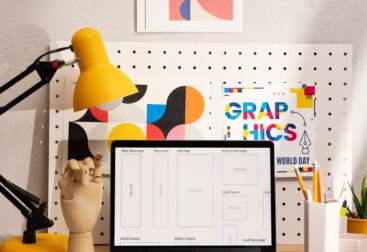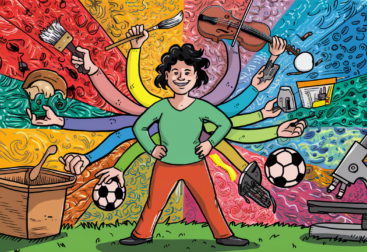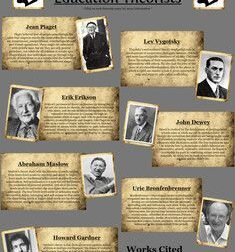Play is much more than just fun for kids—it’s a key part of learning, especially in early childhood education. From the time children are toddlers to when they start school, play helps them grow in all sorts of ways. Let’s break down why play matters, what it looks like at different ages, and how it helps children develop.
For very young children, around 1 to 3 years old, play is mostly about exploring their surroundings. Toddlers love to touch, grab, and test out new things. Simple activities like stacking blocks, fitting shapes into holes, or banging on pots and pans help them develop their motor skills and learn how the world works. At this age, play is a great way for kids to build coordination and learn problem-solving skills without even realizing it.
As children get older, around 3 to 5 years old, their play starts to become more imaginative. They might pretend to be superheroes, teachers, or even animals. This type of “pretend play” allows them to explore emotions, practice language skills, and learn how to interact with others. For example, when children play house or school, they learn about roles, cooperation, and empathy by taking turns and sharing with friends. This social play helps them understand how to communicate and work with others, which is important as they start preschool and kindergarten.
For children around 5 to 7 years old, play becomes more structured. Games with rules, like “Simon Says” or simple board games, teach children how to follow directions, wait their turn, and handle winning or losing. These experiences build their social and emotional skills and help them learn to manage frustrations safely.
Through active play, such as running, jumping, or playing catch, children develop physically. It strengthens their muscles, improves coordination, and builds healthy habits. Fine motor skills, like using scissors or drawing, also develop through creative play with crafts and puzzles.
In early childhood education, play is more than just fun—it’s the foundation for learning. It helps children build the skills they need to succeed in school and life, all while having a great time!










